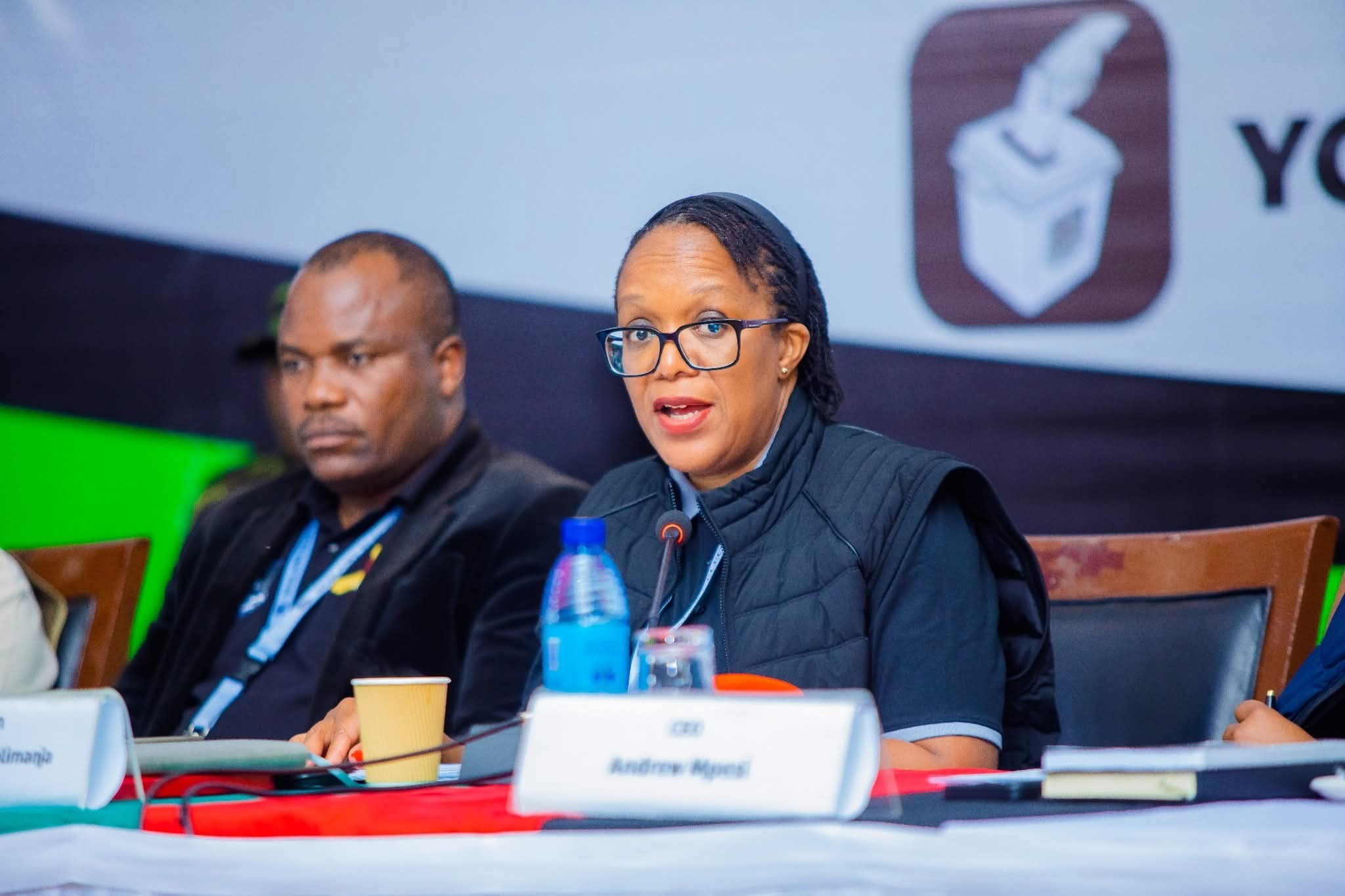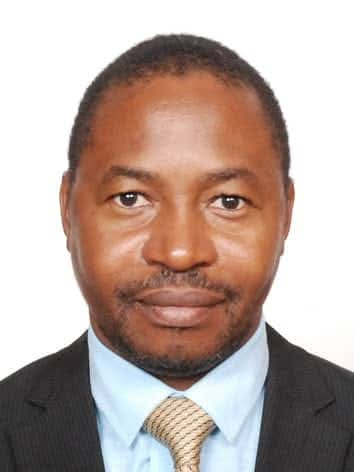By Burnett Munthali
The Malawi Local Government Association (Malga) has expressed concern over delays in the decentralization process and insufficient funding for local councils, saying these challenges are hindering meaningful progress in service delivery.
Speaking at a pre-budget consultation meeting in Mzuzu, Dennis Chinseu, a member of the Malga executive and Chief Executive Officer for Blantyre City Council, described the situation as frustrating and called for urgent government action to address the gaps.
“You may wish to note that much as the Government has made tremendous progress in devolving functions to the local government authorities, the functions being assigned to the Local Authorities do not match with resources transferred to carry out those functions,” Chinseu stated.
Chinseu highlighted a critical issue facing councils: the financial resources transferred to local authorities are not sufficient to support the devolved functions. While the human resource function has been devolved, the accompanying funds to manage payroll and recruitment processes have not been transferred. This, he said, places additional pressure on the already limited resources available to councils.
He further noted that funding for most sectors is disproportionate to the activities required for the devolved functions, creating significant operational challenges.
Chinseu also criticized the government for retaining development budgets for most sectors at the line ministries, transferring only funds for recurrent expenditures to councils.
“This is heavily affecting service delivery,” he said, emphasizing that without access to development budgets, local councils are unable to implement key projects that would benefit their communities.
Malga has urged the government to address these issues urgently by ensuring that the devolution process is accompanied by adequate resources. The association emphasized the importance of aligning functions with the necessary funding to enable councils to fulfill their mandates effectively.
The decentralization process, aimed at empowering local councils to manage resources and services at the grassroots level, has been a key component of Malawi’s governance reforms. However, the slow pace of implementation and resource allocation gaps continue to undermine its potential.
As the government prepares for the 2025/26 national budget, stakeholders are calling for increased budgetary allocations to local authorities and the full devolution of funds to improve service delivery across the country.
Malawians will be closely watching to see if the upcoming budget addresses these concerns and provides the necessary resources to make decentralization a reality.



